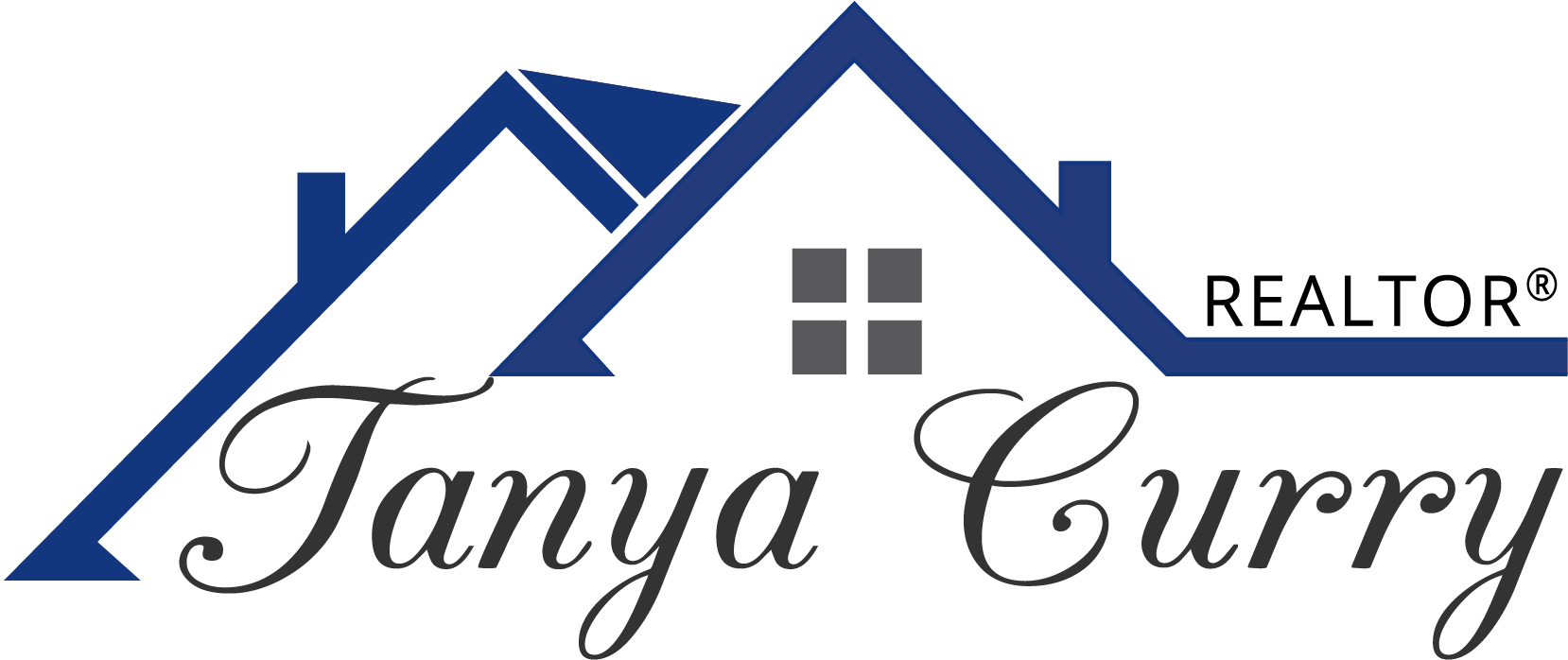FORECLOSURE
Foreclosure is a legal process where the lender takes possession of the property due to the homeowner's failure to make mortgage payments. Here are some key points about foreclosure:
- Process: The lender initiates the foreclosure process after the homeowner misses several mortgage payments. This process can vary by state but generally involves legal proceedings.
- Impact on Credit: Foreclosure has a significant negative impact on the homeowner's credit score, often lowering it by 200-400 points. This can affect the ability to obtain future loans or credit.
- Timeline: The foreclosure process can take several months to over a year, depending on the state and whether the homeowner contests the foreclosure.
- Outcome: The property is sold at a public auction, and the proceeds go to the lender to cover the outstanding mortgage debt. Any remaining debt may still be the homeowner's responsibility.
SHORT SALE
A short sale occurs when the homeowner sells the property for less than the amount owed on the mortgage, with the lender's approval. Here are some important aspects of a short sale:
- Process: The homeowner must get the lender's approval to sell the property for less than the mortgage balance. This involves submitting a short sale package, including financial statements and a hardship letter.
- Impact on Credit: A short sale is less damaging to the homeowner's credit score compared to foreclosure, typically lowering it by 100-150 points.
- Timeline: The short sale process can be lengthy, often taking several months to complete due to the need for lender approval and negotiations.
- Outcome: The property is sold, and the lender agrees to accept the sale proceeds as full settlement of the mortgage debt. In some cases, the lender may require the homeowner to pay the difference between the sale price and the mortgage balance.
Which Option is Right for You?
Choosing between foreclosure and a short sale depends on your specific situation. Here are some factors to consider:
- Credit Impact: If maintaining a higher credit score is important, a short sale may be the better option.
- Timeline: If you need to resolve the situation quickly, foreclosure might be faster, but it comes with more severe credit consequences.
- Future Homeownership: A short sale may allow you to qualify for a new mortgage sooner than a foreclosure.
Contact me today to discuss the best course of action for your circumstances.



